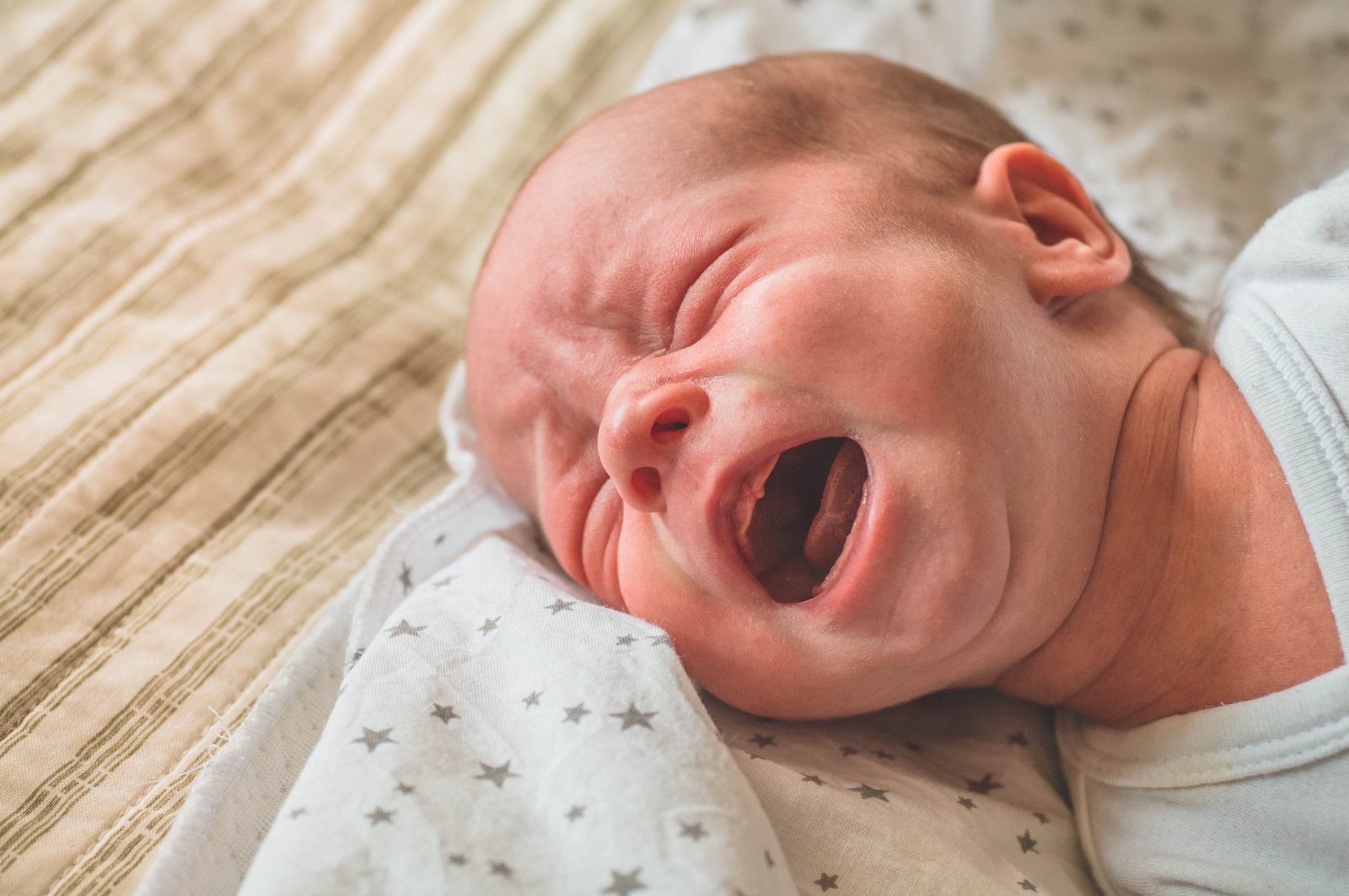
Causes of Birth Defects in Newborn Babies: What to Know?
There are many reasons why a baby might have a birth defect, but one of the most common is genetics. If a family has relatives with genetic disorders, their chances of having a child with one are higher. In addition to that, other factors like maternal age and poor nutrition during pregnancy can contribute to birth defects as well.
But there’s more than just genetics involved in all of this; some causes of birth defects are environmental. Here are some common causes of birth defects from both genetic and environmental sources.
Causes of Birth Defects
Genetics:
– If one of the parents carries a gene that causes birth defects, there is a chance their child will have it as well.
– If one of the parents has a mutated gene, there is a chance they’ll have an unaffected child who can pass on the mutated gene to their own children.
Environment:
– Maternal age – being over 35 increases your chances of having a child with birth defects.
– Poor nutrition during pregnancy – if you’re not getting enough nutrients in your diet, this could lead to birth defects.
– Exposure to toxic substances – some substances are thought to cause birth defects, including alcohol and tobacco.
How common are birth defects?
The Centers for Disease Control and Prevention (CDC) estimates that one in every 30 babies born will have a birth defect. The National Birth Defects Prevention Study found that about 4,000 of the 10,000 babies born each year have a birth defect.
Genetic Disorders and Birth Defects
Genetic disorders are one of the most common causes of birth defects. In fact, the probability of having a baby with a birth defect is about 1 in 100, but if you have a family with genetic disorders, your chances are higher.
Some genetic disorders that can cause birth defects include:
- -Down syndrome
- -Tay-Sachs disease
- -Cri du chat syndrome
- -Noonan syndrome
- -Fragile X syndrome
Other factors that can lead to a child being born with a birth defect include maternal age and poor nutrition during pregnancy. Maternal age increases the risk for birth defects in children by about 10 percent per year—meaning that it is twice as likely for a woman over 40 years old to have a baby with a birth defect than someone under 25 years old. Poor nutrition during pregnancy can also increase the chance of having a baby with a birth defect from .5 percent to 3 percent.
Environmental Contaminants
It’s easy to think about the environment as something that’s already polluted, but pollution is all around us. There are many sources of environmental contamination. There are harmful chemicals like mercury and lead, which can be found in the air, water, or food. Chemical contaminants can also come from household items like dry cleaning fluids and pesticides.
There are also things like radiation and toxic metals that come from some medical treatments or some types of cancer treatments.
Some of these environmental factors act more quickly than some genetic factors on an unborn baby’s development. For example, a pregnant woman might live near a nuclear power plant emitting radiation. The radiation will enter her bloodstream and will affect the baby if she has conceived at that time.
Examples of birth defects
Some of the most common genetic causes of birth defects are Down syndrome, inherited metabolic disorders, and hereditary neural tube defects.
Down syndrome is a common cause of birth defects. It’s a chromosomal disorder caused by a person having three copies of chromosome 21 instead of two. The baby will have certain physical features like a flat face or sloping nose, as well as cognitive delays and mild to moderate developmental disabilities. Inherited metabolic disorders can also be genetic causes for birth defects.
They include conditions like cystic fibrosis and Tay-Sachs disease. Hereditary neural tube defects can occur when an embryo doesn’t form properly in the womb because one or more fetal vertebrae haven’t closed properly over the spinal cord. The resulting malformation can lead to paralysis or brain damage.
When and how are birth defects diagnosed?
A baby’s birth defect is often not diagnosed until they are born. If the pregnancy has been complicated and the baby has been monitored for any signs of defects, there may be ultrasounds or prenatal care appointments that could help identify a birth defect early on. And if the mother was taking medication or had a medical condition during her pregnancy, there may be warning signs during the pregnancy that could indicate a birth defect in the infant.
A doctor can diagnose a birth defect by doing an exam and discussing family history with the parents and looking at old and new medical records with them to find any genetic disorders in that family. They may also do tests like amniocentesis or chorionic villus sampling (CVS) which can detect genetic abnormalities in the fetus before it is born.
Advice For Parents
If you’re pregnant, it’s important to know about the risks of having a baby with a birth defect. If your family has a history of genetic disorders, you need to be extra careful.
It’s also important to note that if a mom is pregnant and isn’t getting enough nutrients, she might have a baby with a birth defect.
If you’re pregnant and have any questions about the risks of having a child with a birth defect, talk to your doctor. The last thing you want is for your pregnancy or child to suffer from this.
Conclusion
Many of us have heard of birth defects, but not all of us know the full extent of what they are and how they affect a baby. In this article, we will learn about some of the more common birth defects, as well as the causes and prevention methods.
Birth defects are one of the leading causes of infant mortality. They occur in up to 3 out of every 1000 live births, and some known risk factors for a baby developing a birth defect include a previous pregnancy that had a birth defect, being an older mom, being a mom that smokes or drinks alcohol, and being born to a mom with diabetes.
There are many different types of birth defects, so an accurate diagnosis is needed to know what kind of care is needed. A medical geneticist can help with this diagnosis.
Before you have your baby, it’s important to avoid those things that have been identified as risk factors for birth defects, as well as talk with your doctor about any medications or supplements you plan to take during your pregnancy that may interfere with the medication you will receive during childbirth.
